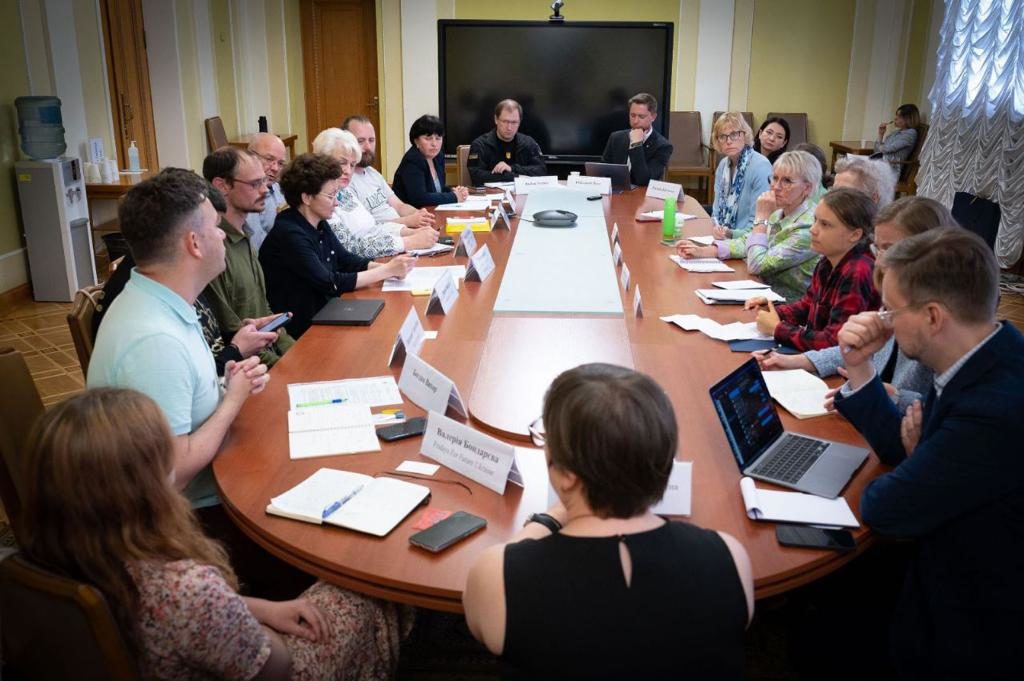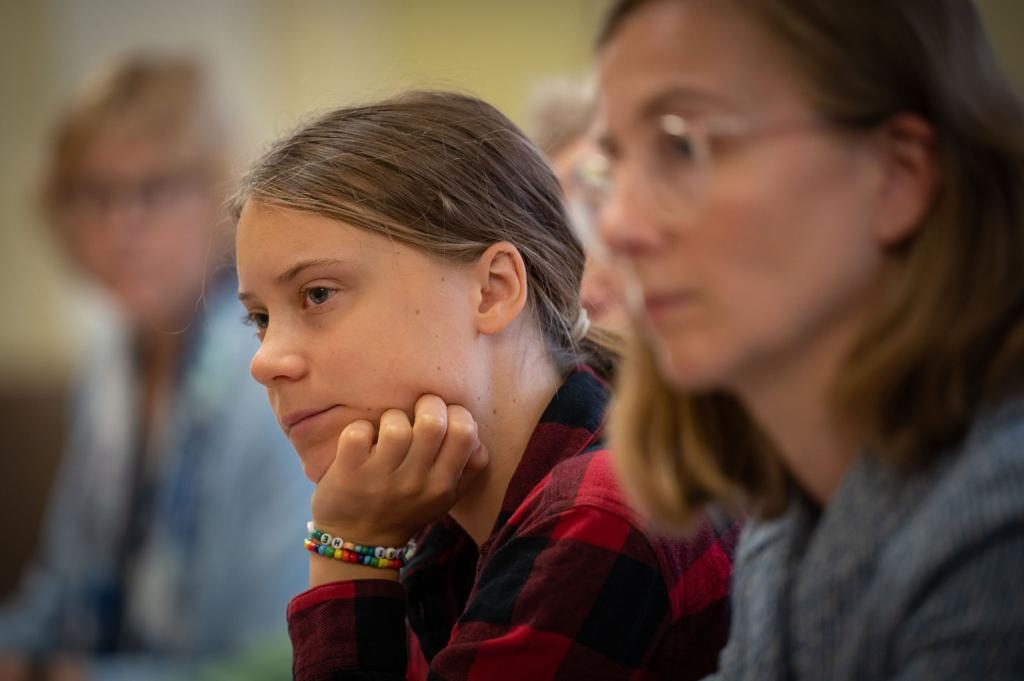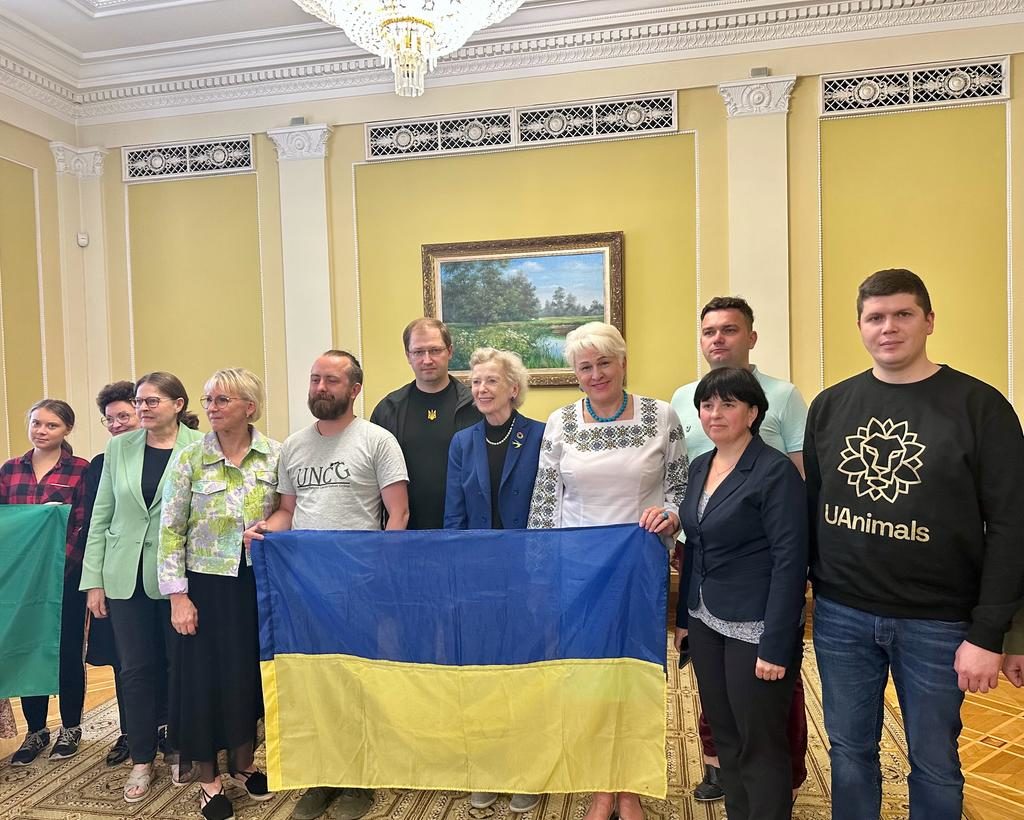The scale of the environmental disaster caused by the war in Ukraine urges the international community to intensify their efforts to help Ukraine in the process of assessing the environmental consequences of the war and planning effective ways to overcome them.
This is precisely what the activities of the International High-level Working Group on the Environmental Consequences of War are aimed at, which on June 29, 2023, held its first meetings with the state leadership, as well as with representatives of civil society, to declare its goals and objectives and establish further working communication. The group includes, in particular, the well-known eco-activist Greta Thunberg, Vice-President of the European Parliament Heidi Hautala, former European Commissioner for the Environment and former Swedish Minister for Foreign Affairs Margot Wallström, President of Ireland in 1990-1997 Mary Robinson, Senior Adviser of the European Institute of Peace, head of the Crisis Management Initiative Program in Eurasia Roxana Cristescu.
The group will work on three areas:
- Assessment of damage to the environment from the war, immediate as well as medium and long-term threats to human health and the environment in general in Ukraine, the region and around the world.
- Promoting accountability of Russia for environmental crimes, including charges of ecocide as a form of mass environmental damage, and compensation of damages.
- Planning for green recovery of the environment and reconstruction of Ukraine through transition to green economy.
Members of the Working group also emphasized that one of the directions of President Zelenskyi’s Peace Formula is protection of the environment, and this is precisely the direction in which the international community should make a lot of efforts to ensure a safe future for Ukraine. Therefore, the Working group declared its readiness to provide Ukrainian partners with high-level strategic consultations, political recommendations and expanded access to expert knowledge, as well as consultations regarding strategic communication for Ukrainian and international audiences.
The members of the Group also noted that they consider the contribution of Ukrainian civil society to the matter of documenting environmental crimes, developing mechanisms of legal responsibility for them and planning Ukraine’s green recovery to be very important, and value the deep expertise and experience of environmental NGOs.
Representatives of the environmental movement spoke about their activities, shared their visions regarding the priority steps to overcome consequences of the war on environment and ensure Ukraine’s green recovery.
This meeting with representatives of civil society inspires hope that it will be the first step in the process of broad consultations with the public and joint development of important decisions for the environment. There are great expectations that the opinions and expert positions of eco-communities will be heard and taken into account in the final document as a result of the work of the Working Group.





